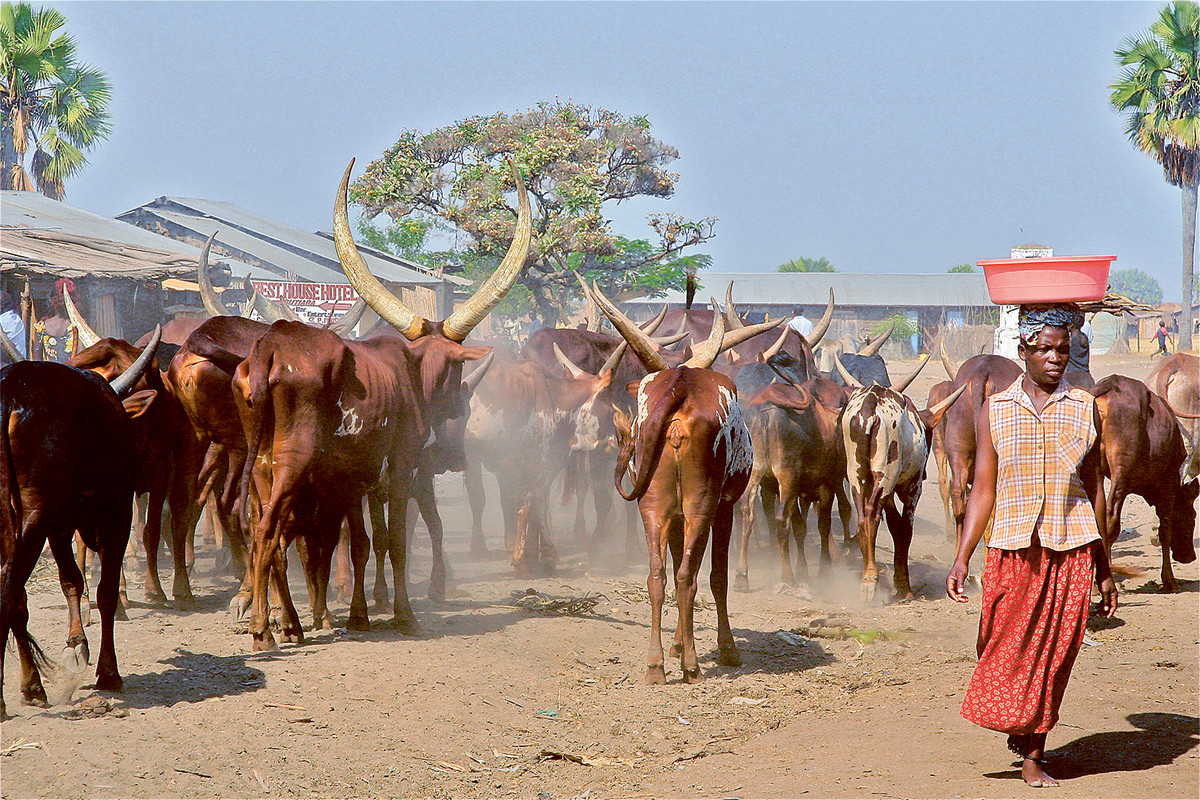Uganda has often been called the “pearl of Africa”. Thanks to its fertile soil and pleasant climate, it is still today seen as the “pearl” of that continent. During the last century, Uganda was the backdrop for events reaching points both high and low. Since then the land has stabilized somewhat, both economically and politically; however numerous problems still remain for all of East Africa. Since 1986 President Yoweri Museveni has headed the government. In the year 2005 a multiparty system was instituted, and the twenty year war in the northern region of Uganda could finally be ended. However, this doesn’t mean that Uganda can now be considered a stable and democratic nation. Opposing leaders, corruption, and nepotism are continual threats, and Museveni also does not appear ready after thirty years—despite increasing pressure from the population--to give up his position of power. Since the turn of the immediate century, Uganda has shown a notable economic growth, reaching up to seven percent. Earlier dependence on coffee as the main export has lessoned somewhat. However, much remains to be done: unemployment is high, diversification within the economy is lagging, national debts are on the rise.
Around forty different ethnic groups live within Uganda. English is the officially accepted national language, while Kiswahili , a language spoken in certain regions, has been granted official status since 2005. Though the constitution states that women and men have equal status, in truth, everyday reality places women far below men, with considerable disadvantages. Christianity is the religion most professed to be practiced by 85 percent of the population.
